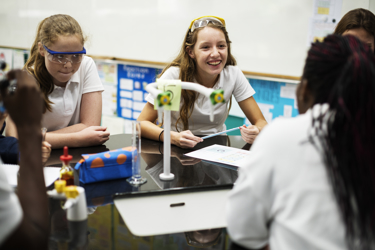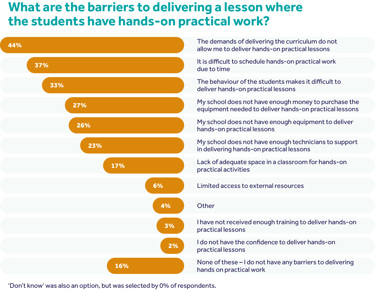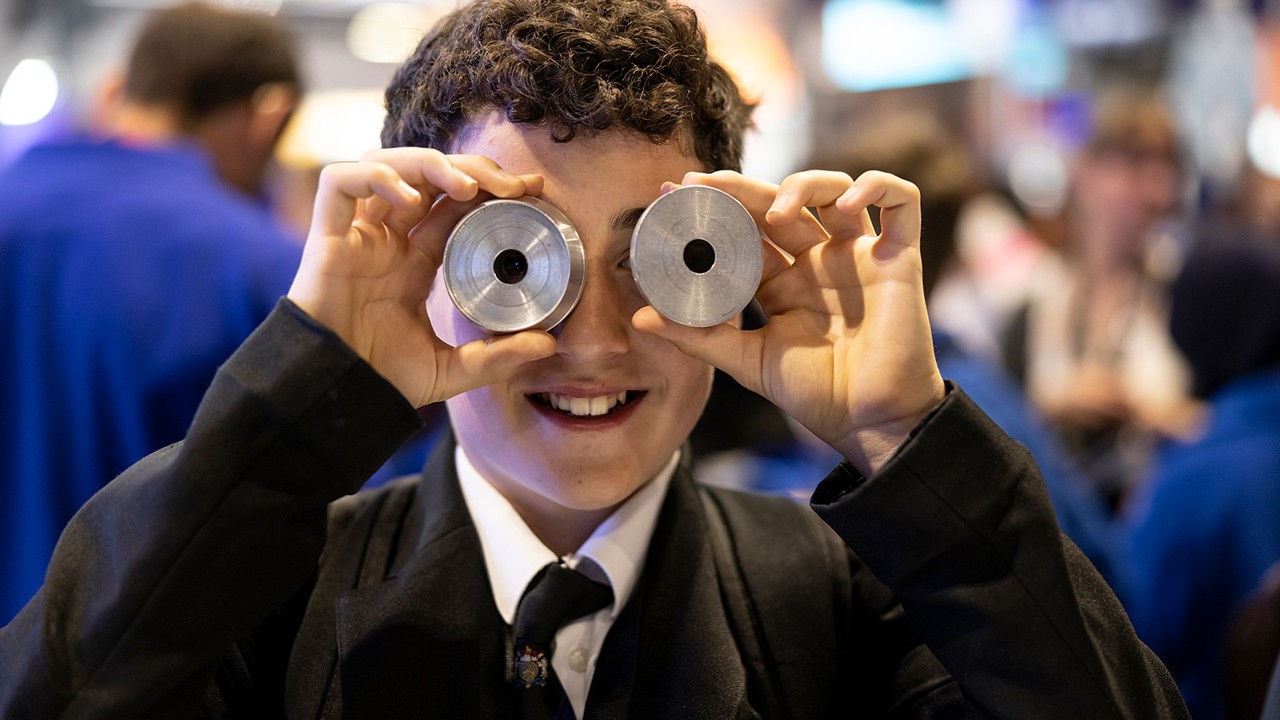
Overview
The Science Education Tracker highlighted a decline in students having hands-on practical lessons. This decline mostly impacts young people with the least interest in science. This report aims to understand the barriers teachers face in delivering lessons where students experience hands-on practical work.
For the School report series we conducted research with 800 STEM teachers across the UK. This report focuses on findings from 398 science teachers.
School report: Barriers to practical science
Who this is for
- Careers leads
- Policymakers
- Researchers
- STEM outreach organisers
- Teachers

Key findings
- 44% of teachers said the demands of delivering the curriculum doesn't allow them to deliver hands-on practical lessons
- More than a third of teachers (37%) said it is difficult to schedule hands-on practical work due to time
- Just under half (45%) said 1 or more of these school equipment and resource issues were a barrier to delivering hands-on practical lessons: Not enough money to buy equipment (27%), School doesn't have enough equipment (26%), or not enough technicians (23%)
Young people without strong engagement in science are likely to be the group missing out the most by reduced practical science in schools. To have a diverse and growing engineering and technology workforce, we need more young people engaged in science.
— School report: Barriers to practical science





